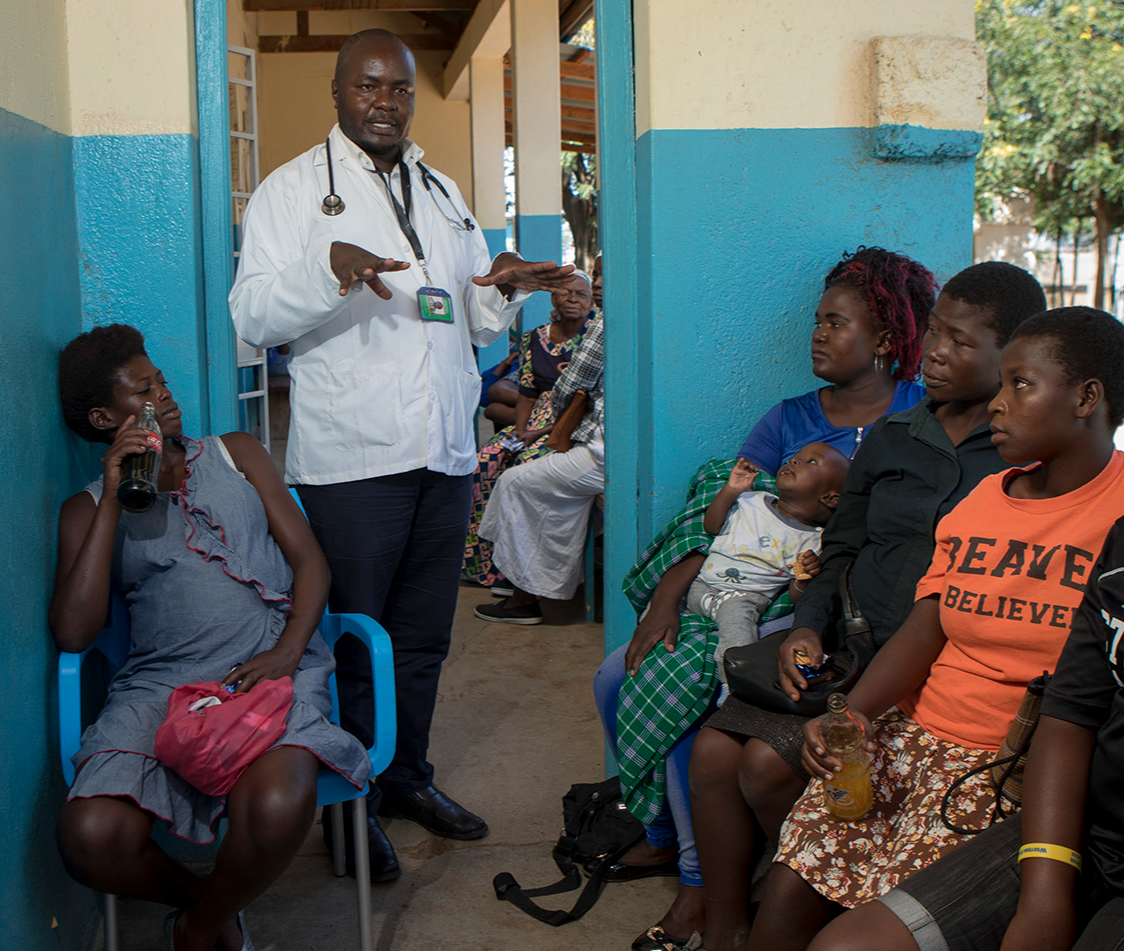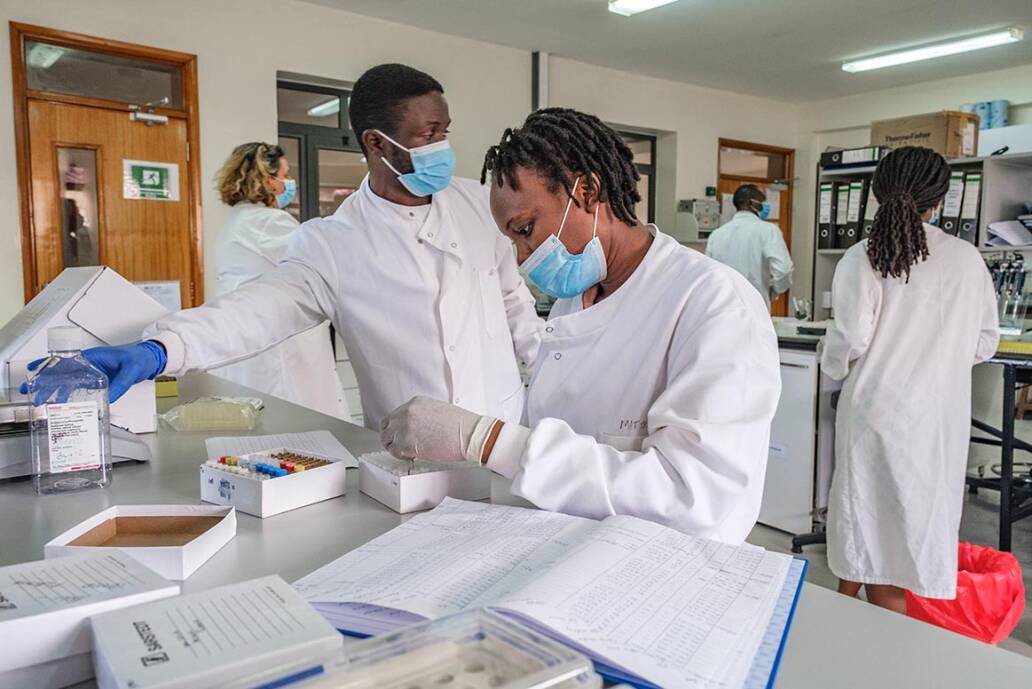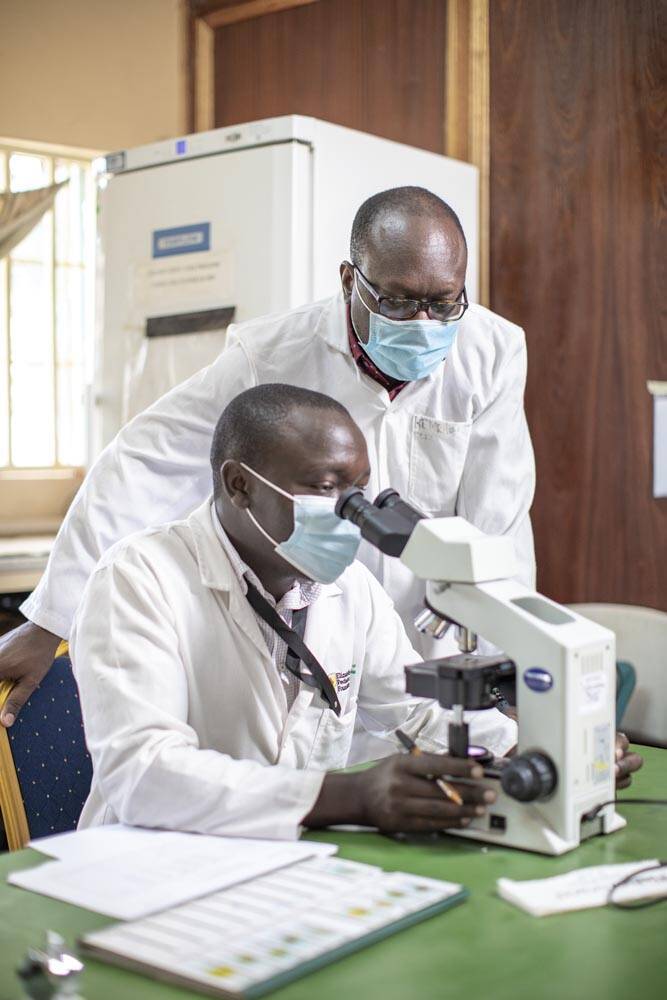

In other studies, Dr Fokam has helped to develop and validate an in-house genotyping tool for the HIV integrase gene. Variants of this gene are associated with reduced efficacy of a relatively new HIV drug, dolutegravir. The genotyping tool could therefore be used to monitor integrase-resistance mutations and inform decision-making on a transition to regimens including dolutegravir. A cross-sectional study of integrase drug-resistance mutations found relatively low levels in Cameroon, arguing that dolutegravir-based regimens should be effective.
In addition, Dr Fokam carried out a systematic review of HIV-1 Gag gene mutations in different viral subtypes and the clinical implications of resistance to ritonavir-boosted protease inhibitors (PI/r). Findings will provide insights into the likely role of Gag gene mutations in PI/r treatment failure and suggest whether Gag genotyping is warranted.
Analyses of these data have revealed worryingly high levels of HIV drug resistance, exceeding 90% in both settings. High viral loads, indicative of failure to control HIV replication, were seen in more than a third of adolescents in the urban setting and more than half of those at rural sites. Poor adherence was seen in about a third of participants.
In addition, adolescents failing treatment were found to be harbouring high levels of hidden or ‘archived’ drug-resistance genes, suggesting that additional tools might need to be used to profile HIV infections and provide early warning of emerging drug resistance and impending treatment failure.
Other analyses have shown that a switch to second-line treatment in children is delayed on average by nearly a year. Switching is driven almost entirely in response to virological failure (high viral load), emphasising the importance of monitoring of viral load in this group.
scroll down
For his EDCTP Career Development Fellowship project, Dr Joseph Fokam recruited cohorts of adolescents living with HIV from urban and rural areas of Cameroon. Participants were followed for a year to track viral load and CD4+ T cell numbers, with genotyping of HIV isolates from individuals showing signs of treatment failure.
As more children infected with HIV during infancy gain access to antiretroviral drugs, greater numbers are surviving to adolescence. At this stage, they transition from paediatric to adult treatment regimens. However, while HIV/AIDS death rates are generally declining, they are continuing to rise in adolescents living with HIV, potentially because of factors such as reduced adherence to antiretroviral treatment regimens and the emergence of drug resistance. Understanding the evolution of HIV infection and best management of the transition to adult treatment is therefore an urgent priority.
EDCTP Career Development Fellow Dr Joseph Fokam has generated important data on the evolution of HIV infections and emergence of drug resistance in adolescents living with HIV.

Improving survival of adolescents living with HIV
